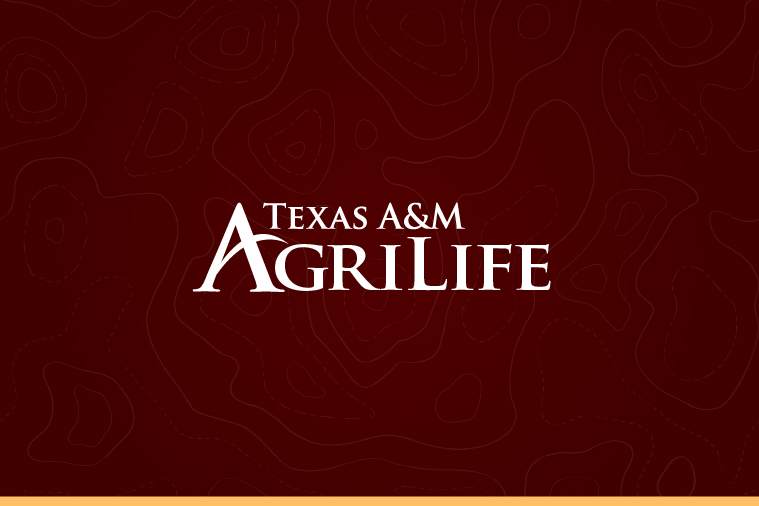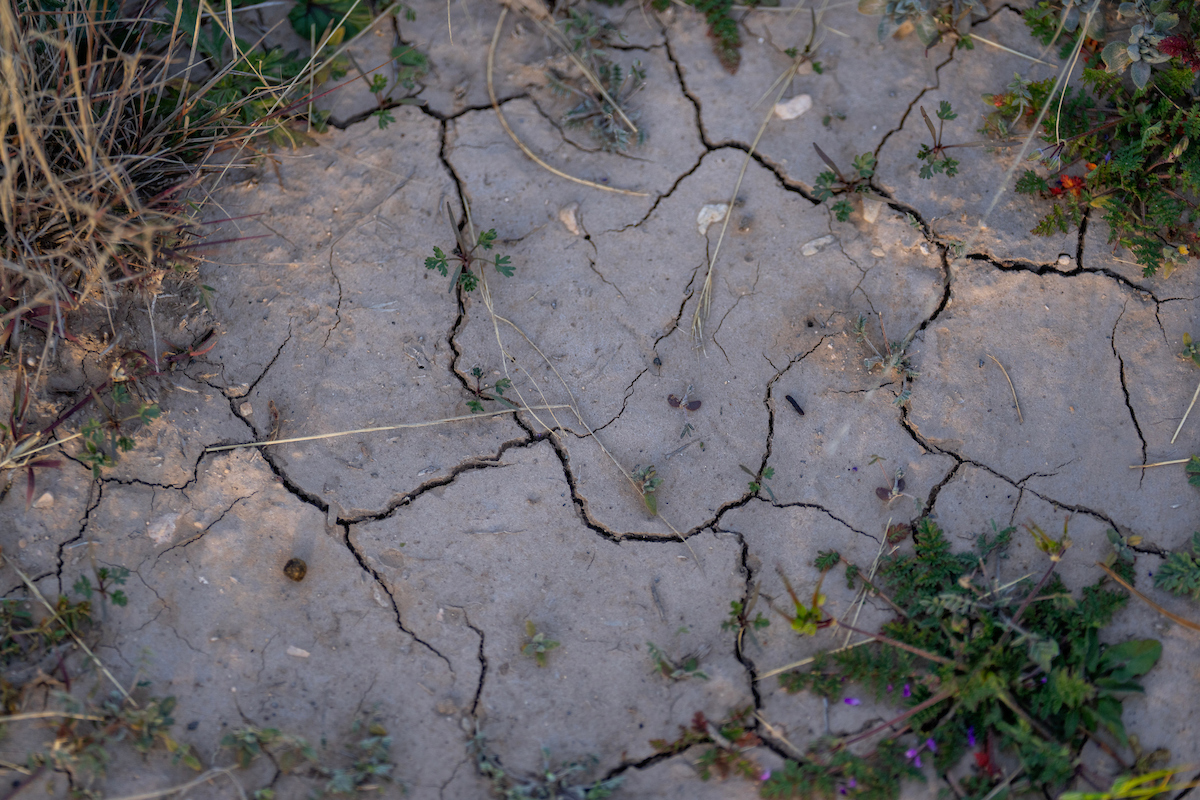Private water well screenings set for Permian Basin April 21-24
Samples will be screened for total coliform bacteria, E. coli, nitrate-nitrogen, arsenic and salinity
The Texas Well Owner Network, TWON, will host water well screenings April 21-24 for residents and well owners in the Permian Basin region.

Water samples will be screened for contaminants, including total coliform bacteria, E. coli, nitrate-nitrogen, arsenic and salinity.
“The TWON program was established to help well owners become familiar with Texas groundwater resources, septic system maintenance, well maintenance and construction, and water quality and treatment,” said Joel Pigg, Texas A&M AgriLife Extension Service program specialist and TWON coordinator, Department of Soil and Crop Sciences, Bryan-College Station.
The program will allow well owners to learn more about improving and protecting their community water resources.
Water sampling and meeting information
Area residents can drop off their water samples in:
- Ector County: April 21, 8:30-10 a.m. at the Permian Playhouse 310 W. 42nd St., Odessa.
- Crane County: April 21, 8:30-10 a.m. at the AgriLife Extension office, 900 W. Sixth St., Crane.
- Loving and Winkler counties: April 21, 8:30-10 a.m. at the AgriLife Extension office, 307 S. Poplar St., Suite 1, Kermit.
- Andrews County: April 21, 8:30-10 a.m. at the AgriLife Extension office, 851 E. Broadway, Andrews.
- Ward County: April 21, 8:30-10 a.m. at the AgriLife Extension office, 3399 S. Stockton Ave., Monahans.
- Midland County: April 21, 8:30-10 a.m. at the AgriLife Extension office, 2445 E. U.S. Highway 80, Midland.
- Martin County: April 22, 8:30-10 a.m. at the AgriLife Extension office, 105 W. Broadway, Stanton, or Permian Basin Underground Water Conservation District office, 708 Saint Peter W., Stanton.
- Howard County: April 22, 8:30-10 a.m. at the AgriLife Extension office, 2411 Echols St., Big Spring.
- Upton County: April 22, 8:30-10 a.m. at the AgriLife Extension office, 1000 Texas State Highway 329, Rankin.
Follow-up meetings will explain the results of the water screenings and include educational programming covering wells, aquifers, septic systems, water quality and water treatment.
These are scheduled as follows:
- Crane County: “Well-Informed Presentation,” April 22, 5:30-6:30 p.m., AgriLife Extension office, 900 W. Sixth Street, Crane.
- Ector County: “Well-Educated Presentation,” April 23, 8 a.m.-noon, Ector County Commissioner’s Courtroom, 1010 E. Eighth St., Odessa.
- Winkler County: “Well-Informed Presentation,” April 23, 5:30 p.m., Winkler County Community Center, 306 NW Second St., Wink.
- Andrews County: “Well-Informed Presentation,” April 24, 9 a.m., AgriLife Extension office, 851 E. Broadway, Andrews.
- Midland County: “Well-Informed Presentation,” April 24, 1 p.m., AgriLife Extension office, 2445 E. U.S. Highway 80, Midland.
- Big Spring County: “Well-Informed Presentation,” April 24, 5 p.m., G.C. Broughton Jr. Complex, 2411 Echols St., Big Spring.
Sampling instructions
Residents interested in having their well water screened should pick up the sample bag, bottle and instructions from their local AgriLife Extension office or groundwater district office before the event date. There will be a $15 charge per sample for water well screening, and residents may bring as many samples as they would like.
“It is very important that only sampling bags and bottles be used, and all instructions for proper sampling are followed to ensure accurate results,” Pigg said.
Pigg said it is essential for those submitting samples to be at the follow-up meeting to receive results, learn corrective measures for identified problems and improve their understanding of private well management.
To learn more about the program, visit twon.tamu.edu. For more information on the water screening, contact Pigg at 979-321-5946 or [email protected].
The screenings are presented by AgriLife Extension and the Texas Water Resources Institute, TWRI, in partnership with the AgriLife Extension offices in Midland, Ector, Loving, Winkler, Crane, Upton, Ward, Andrews, Martin and Howard counties.
Funding for TWON is through a Clean Water Act Section 319(h) nonpoint source grant provided by the Texas State Soil and Water Conservation Board and the U.S. Environmental Protection Agency. The project is managed by TWRI, a unit of Texas A&M AgriLife Research that brings together expertise from across The Texas A&M University System.




